| History can’t have got the memo. The virus destined to put the world on pause has had us glued to the news: first with the exposure of right-wing government incompetence, then with the spotlight on racism we can no longer ignore. Whether this depresses or delights us, it’s hard to keep up. What’s the role of the writer – particularly writers like me with a tiny readership – in historic times? Should novelists switch to facts from fiction? Should we try to shape historic discourse or step back and observe? |
Welcome
I started this blog in 2013 to share my reflections on reading, writing and psychology, along with my journey to become a published novelist. I soon graduated to about twenty book reviews a month and a weekly 99-word story. Ten years later, I've transferred my writing / publication updates to my new website but will continue here with occasional reviews and flash fiction pieces, and maybe the odd personal post.
|
8 Comments
I recently read two novels set in England almost a century apart about young women returning to their parents after their marriages break down. Unfortunately for both of them, their childhood homes are stepping stones to something more terrifying than the confidence lost from relationship failures: in the first, Grace spends months on the streets; in the second, Clara is confined to a dismal mental institution.
The young protagonists of these two novels are worlds apart in time, geography and social class and expectations. The first is a Hungarian translation about a girl sent to an elite boarding school during the Second World War; the second is a fantasy about a street kid trying to rise above his physical and social disadvantages. Both feature endearing teenagers grappling courageously with injustice and, in the process, learning about themselves.
These two novels about female friends from two different cultures and at different stages of their lives expose the power imbalance between even privileged and highly educated women and the men in their lives. The first is a thoughtful novel about middle-aged women in London; the second a lighter story about young adults in Saudi Arabia.
muddled pathways so that he’s imposed a strategy for achieving his next unlikely ambition – if a man of his talents can “lead” first a capital city, then a country, why not go for the Booker Prize? – upon the one of which he’s tired?
Where once it was religion that kept the poor downtrodden, now it’s capitalism as expressed in the Great American Dream, that we can all be winners if we set our minds to it. Both these novels transport the modern mind to a time and place where characters are conscious that not everything that happens is under their control. But that doesn’t stop them from trying to appease the superpowers or exercise free will. In the first, we meet a group of thirteenth century pilgrims sacrificing earthly pleasures for an easier eternity; in the second, a young woman in modern secular India grapples with the ancient Hindu concept of fate.
|
entertaining fiction about identity, mental health and social justice
Annecdotal is where real life brushes up against the fictional.
Annecdotist is the blogging persona of Anne Goodwin:
reader, writer, slug-slayer, tramper of moors, recovering psychologist, struggling soprano, author of three fiction books. LATEST POSTS HERE
I don't post to a schedule, but average around ten reviews a month (see here for an alphabetical list), some linked to a weekly flash fiction, plus posts on my WIPs and published books. Your comments are welcome any time any where. Get new posts direct to your inbox ...
or click here …
Popular posts
Categories/Tags
All
Archives
March 2024
BLOGGING COMMUNITIES
|

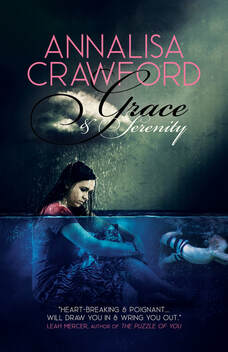
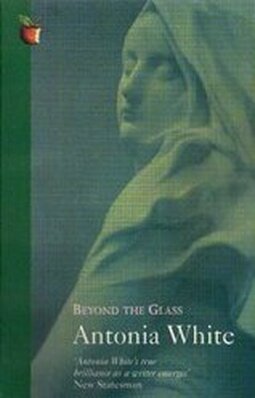
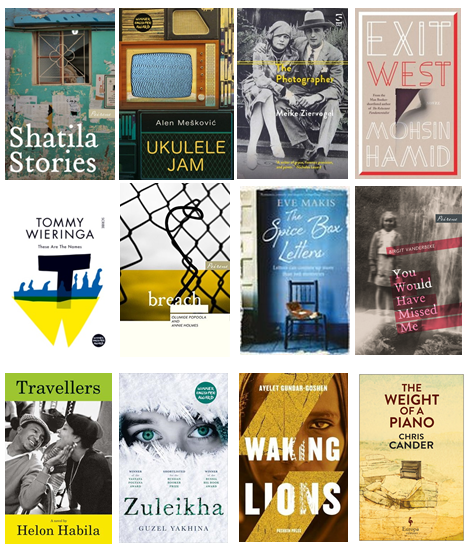
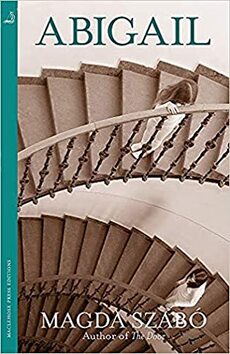
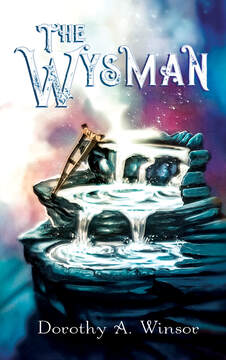
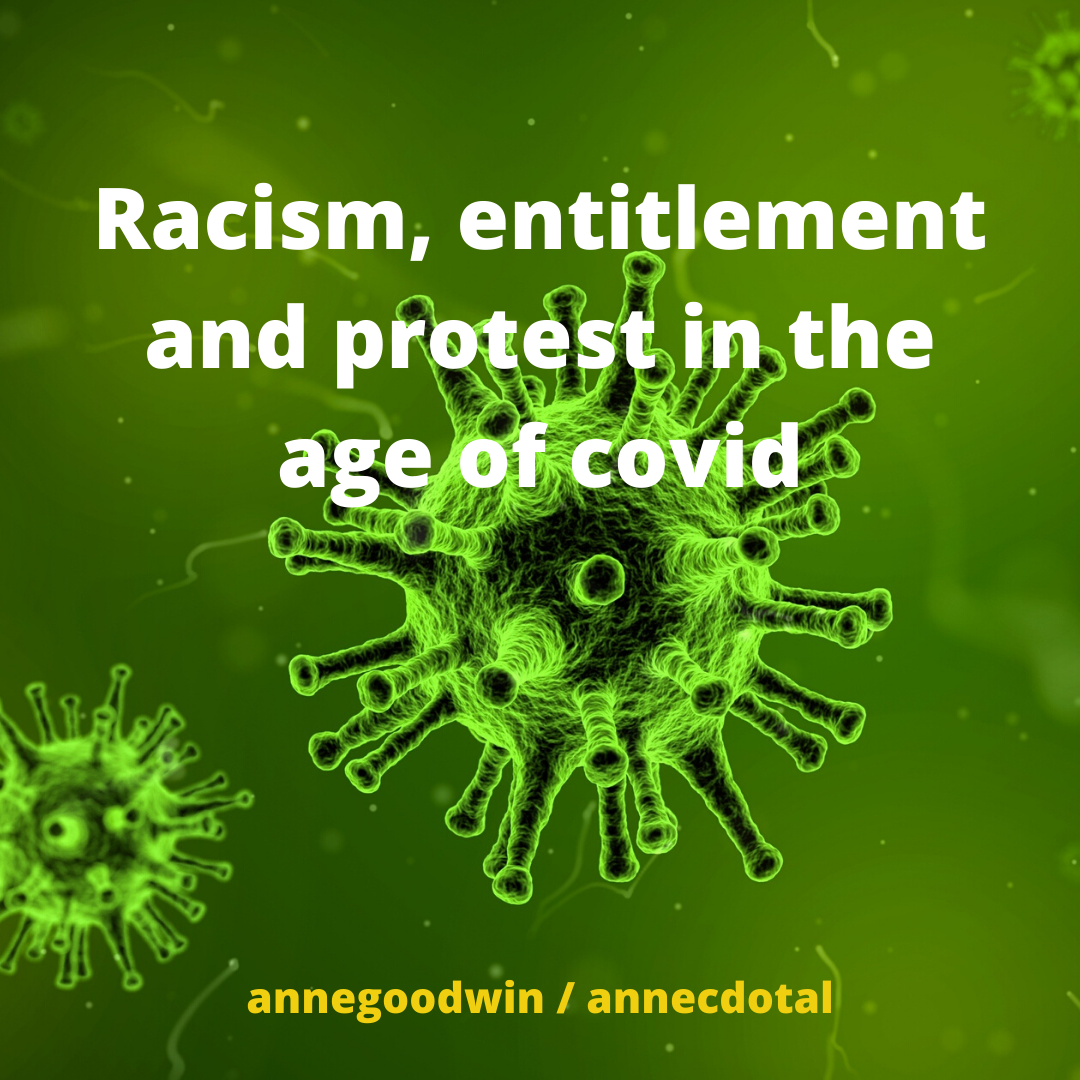
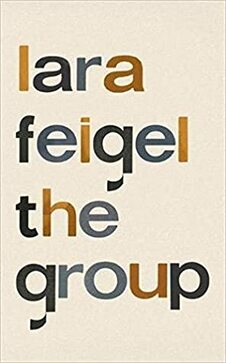
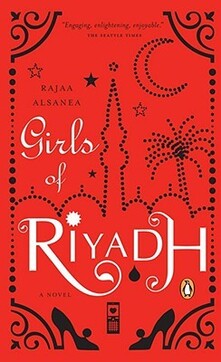

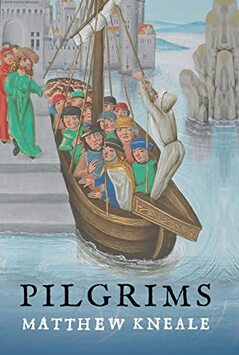
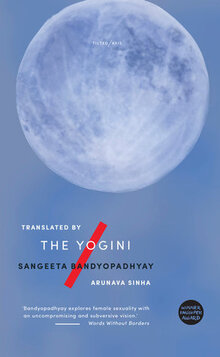





















 RSS Feed
RSS Feed





















